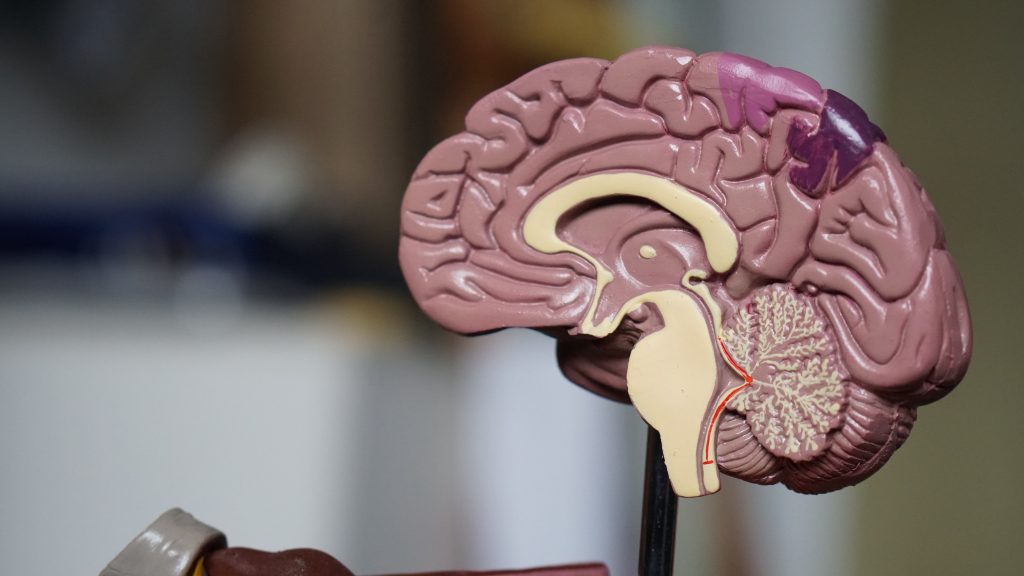
Does CBD Treat Depression?
Cannabidiol – often abbreviated as CBD – is a truly remarkable, powerful molecule of the cannabis plant that has dozens of potential health benefits in

In terms of health applications, cannabidiol oil (or CBD oil for short) has been heavily studied and can be considered the most thoroughly vetted cannabis derivative.
Here we’ll focus on the potential antioxidant benefits of one particular cannabinoid known as 2-arachidonoylglycerol (2-AG) and how a high-quality CBD supplement can facilitate its antioxidant activity in vivo.

Full-spectrum CBD oil exerts a number of potential health benefits that include:
This last potential benefit – the now clinically verified antioxidant activity of CBD in vivo – is the focus here. We’ve cited many peer-reviewed scientific and medical research articles that concluded this potential use – or, as the kids say, brought the receipts.
In recent decades, terms like “free radicals” and “oxidative stress” have pierced the mainstream consciousness, particularly among sectors of the population interested in anti-aging health, natural medicine, and the brain-optimizing nootropics community.
But what exactly is “oxidative stress,” why is it dangerous for long-term health, and what role do “free radicals” and “antioxidants” play in the process?
It’s important to understand that oxidative free radicals — when they are kept in check at normal levels — are actually beneficial and necessary for health.
Reactive oxygen species (ROS) are the natural biproducts of the cellular redox process that cells use to generate energy:
“These species play a dual role as both toxic and beneficial compounds. The delicate balance between their two antagonistic effects is clearly an important aspect of life. At low or moderate levels, ROS and RNS exert beneficial effects on cellular responses and immune function. At high concentrations, they generate oxidative stress, a deleterious process that can damage all cell structures.”
When the ROS-to-antioxidant ratio is harmonized, this is said to be the desirable state of redox homeostasis.

Accordingly, the goal is not to eliminate reactive oxygen species entirely, but rather to limit their concentrations in the blood and tissues to healthy levels.
In an ongoing balancing act, electron-rich antioxidants neutralize free radicals and prevent them from damaging healthy cells by “donating” electrons to them, as illustrated below.

When the ratio of antioxidants to free radicals falls too low, and these oxidative compounds are allowed free reign in the blood and various organs and tissues, an undesirable state called oxidative stress emerges.

Over time, oxidative stress contributes to the development of numerous chronic illnesses that include:
So, the natural questions arise: how best to prevent oxidative stress and what role does CBD play in an antioxidant strategy to protect long-term health?
Although the very real threat of oxidative stress can seem scary, the good news is that you have the power to increase your antioxidant levels, primarily through diet.
The most powerful natural antioxidants that you can incorporate into your everyday diet and supplement routine include:
Aside from diet, you can also boost your antioxidant blood supply with several supplements:

Cannabidiol – often abbreviated as CBD – is a truly remarkable, powerful molecule of the cannabis plant that has dozens of potential health benefits in

Alzheimer’s disease (AD) – along with a host of other neurodegenerative conditions that impact brain health – is nothing short of a public health catastrophe

To date, CBD (“cannabidiol” in long-form) is the single most potent cannabis compound that researchers have isolated to research its potential health benefits. Here, we
Made in Atlanta. © FOOD AND DRUG ADMINISTRATION (FDA) DISCLOSURE These statements have not been evaluated by the Food and Drug Administration. These products are not intended to diagnose, treat, cure, or prevent any disease.